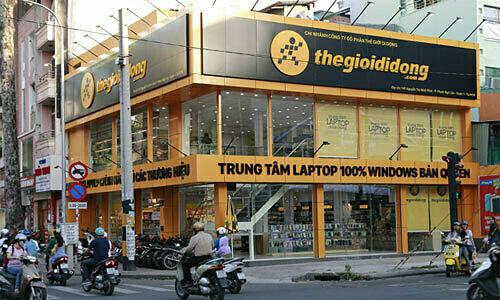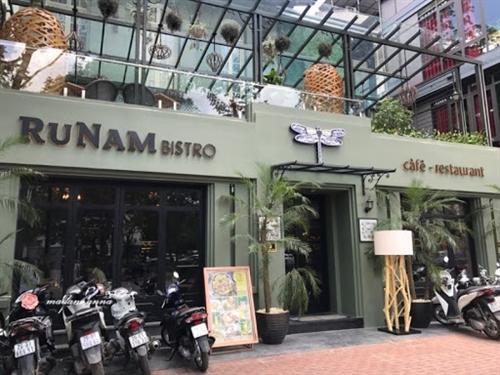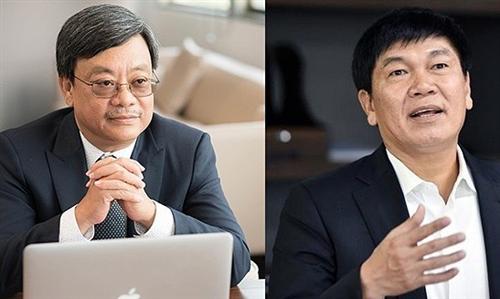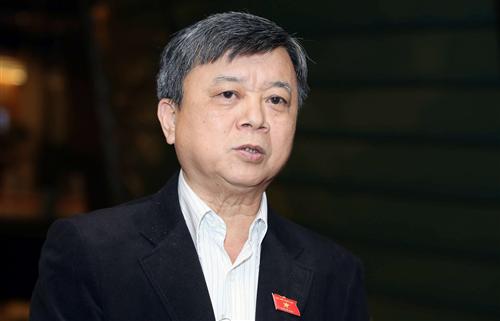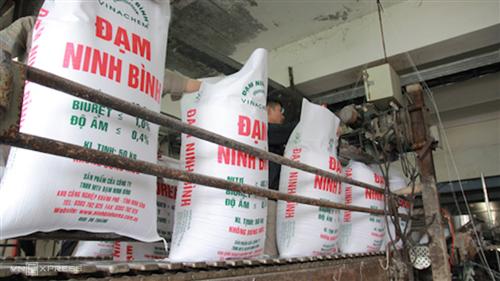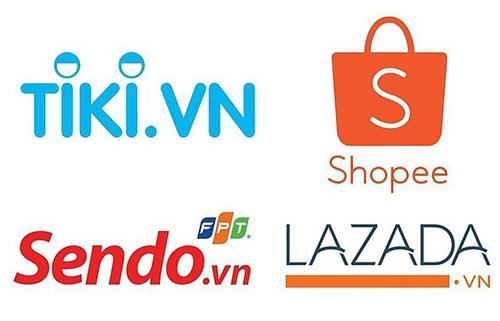Vietnam ready for swift actions to boost economy
Vietnam ready for swift actions to boost economy
The ongoing health crisis has been taking a heavy toll on the Vietnamese economy. Deputy Minister of Planning and Investment Tran Quoc Phuong talked with Ha Nguyen about Vietnam’s need to develop a new economic model of high resilience and swift responses to possible shocks.
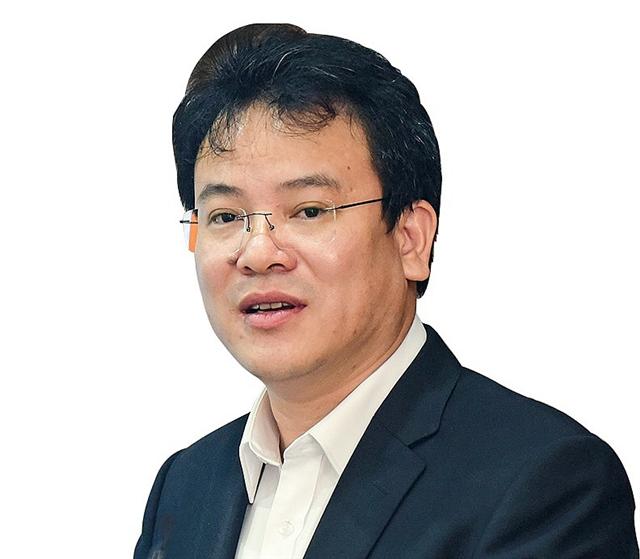
Deputy Minister of Planning and Investment Tran Quoc Phuong
|
Vietnam has controlled COVID-19 well, and it is now favourable for the country to formulate new economic development scenarios. Could you elaborate on them?
The pandemic had grave impacts on Vietnam’s socio-economic situation, making it hard to accomplish all 2020 socio-economic development goals set by the National Assembly. Thus the Ministry of Planning and Investment (MPI), assigned by the government, has delivered a report on supplementary assessment on the results from the implementation of the country’s socio-economic development plan (SEDP) for 2019, and on the implementation of the SEDP for 2020. Accordingly, two growth scenarios have been formulated, with GDP to rise either by 4.4-5.2 per cent or by 3.6-4.4 per cent, depending on how the pandemic will be controlled both in Vietnam and in its major economic partners.
This means that the Vietnamese economy is facing massive difficulties. One of the biggest challenges is the decline in economic growth due to negative impacts of COVID-19 and the global economic depression. Second, the creation of momentum for growth recovery in the remaining months depends largely on how the pandemic is developing in partner markets.
Third, the economy’s fiscal deficit will swell in 2020 due to a drop in the state budget revenue and the government’s deploying initiatives on supporting enterprises and the economy. Fourthly, capital inflows into Vietnam will continue being affected in the short term, when commercial and investment activities are disrupted. Lastly, the consumer price index will likely hover at a high level.
So what policies should be applied?
There should be no single policy for economic recovery. Instead, we need flexible policies. The prime minister stressed five key solutions – the attraction of domestic private investment, foreign investment, exports, increasing public investment, and raising local consumption.
To realise these solutions, there must be various flexible mechanisms and policies for not only sectors, but also for the entire economy. Currently, the formulation of economic scenarios is based on forecasts, while the exact scenarios must depend on how the pandemic is actually developing.
The MPI has suggested to the government to direct the economy under three stages amid the pandemic. How is this exactly working?
In the first stage, when the coronavirus hit the country, the key priority would be to combat COVID-19 and reduce the economic damage. In the second stage as the outbreak abates, there must be solutions for gradual economic recovery. In the third stage, the rules on fighting the pandemic are gradually loosened, with economic activities resuming and standing ready for a rebound.
In the long term, though the pandemic has caused numerous difficulties, it also offers opportunities for Vietnam to reshuffle itself. We have started to conduct studies on this, with forecasts on new trends and opportunities, and the determination on new growth momentum. Therefrom new strategies and solutions can be made to accelerate economic restructuring.
What will be the new trends and what must Vietnam do to catch up with them?
New online business sectors will appear based on the country’s efforts in digitalisation. Moreover, most nations will have to reduce their dependence on a single market, which will change global trade. Furthermore, these trends will raise new demands for labour suitable for new business and production models. After COVID-19, the digital transformation will be prioritised in Vietnam’s development. However, the digital economy will also create new rules, forcing enterprises to be more creative and responsive, or they will be left behind. Vietnam will also have to change its economic model to ensure comprehensive growth, food and energy security, and environmental sustainability – all important factors to be included in the formulation of socio-economic development plans.
Vietnam’s labour market will also see big changes with a rise in demand for tech-related jobs. Distance working will continue thanks to strong achievements in digital transformation. After COVID-19 has fully left our planet, it’s likely that policies on economic recovery and monitoring will change. If Vietnam wants to develop stronger, it must continue institutional reforms and economic restructuring so that it can become more competitive and join new global value chains.









